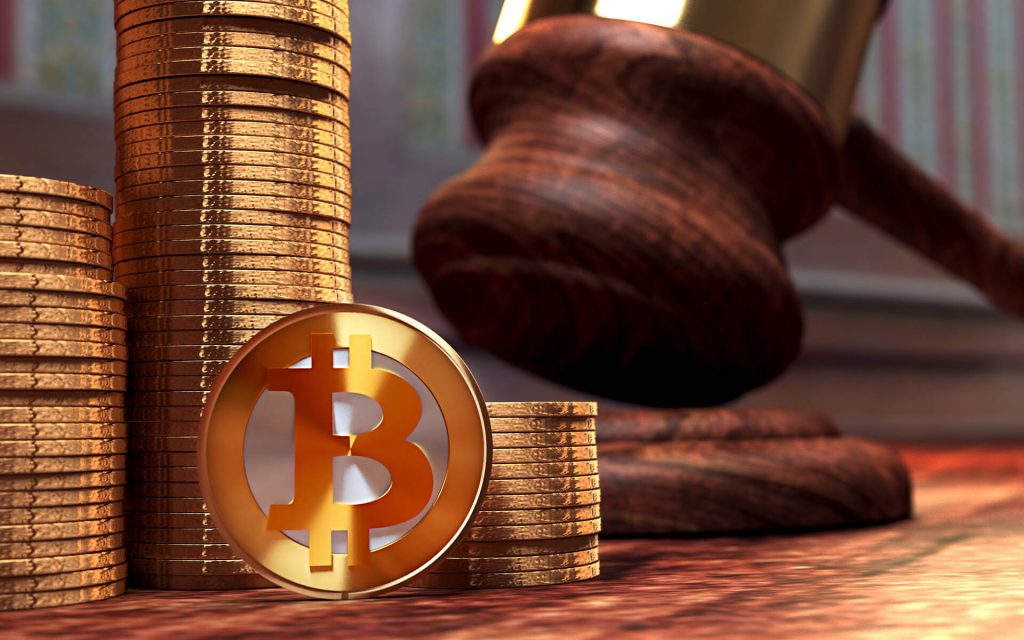Cryptocurrencies: Regulation and Scams

Cryptocurrency can be defined as digital or virtual currency that typically appears as “coins” or tokens. A vast majority of the cryptocurrency in the present day is used in digital form, despite it making its way through credit cards and other mediums.
Table of Contents

Reasons why cryptocurrency should be regulated
Avoid market manipulation and safeguard Investors
It’s not uncommon for cryptocurrency markets to be manipulated and prices to fluctuate widely. Consider Bitcoin, the oldest and most well-known cryptocurrency in the world, which reached record highs at the start of 2021 before falling sharply and losing a significant portion of its value. Therefore, it is essential to implement rules to protect investors, considering the lack of official information about cryptocurrency lists and digital assets and the technological complexity linked with them.
Recognizing the threats posed by technology
Technology is developing at a staggering pace. This can be a major issue considering that modifications can make the cryptocurrency outdated. The fast-growing pace of technology has demanded the need for information infrastructure and financial advisors in this direction. This helps the investors comprehend the risks associated with the currencies and then make informed decisions.
Accept selected coins
There are thousands of cryptocurrencies available. The majority of investors, though, are only aware of a select few of those, including Dogecoin, Ether, Ripple, and Bitcoin. Therefore, a regulatory body that can provide all information about the cryptocurrency list and digital assets’ performance, hazards, and potential is needed.
Money laundering
Criminal activity can be financed by any unregulated mechanism. A customer due diligence procedure resembling that of a bank is therefore necessary. This can assist in tracking the real identities of investors and confirming their whereabouts when they buy or sell cryptocurrency. Any violation of these standards should result in harsh penalties.

Fraud/scams involving cryptocurrencies
Unfortunately, there is an increase in Bitcoin criminality. Some of the frauds revolving around cryptocurrencies are:
Scam/Fake websites
Scam sites with fake reviews and cryptocurrency jargon promise enormous guaranteed profits as long as you keep investing.
Virtual Ponzi schemes
Cybercriminals in digital currencies advertise fictitious investment possibilities and give the impression of big profits by paying off previous investors with funds from new investors.
“Celebrity” endorsements
Online fraudsters pretend to be millionaires or well-known figures, promising to increase your investment in a virtual currency while stealing what you contribute. Rumors can be spread via chats or messaging applications of famous personalities supporting any specific cryptocurrency. This then induces investors and the scammers then sell their stakes which can then cause the currency value to fall.
Exodus Wallet for Cryptocurrency
Exodus Wallet is a cryptocurrency wallet that is often regarded as a secure and user-friendly option for managing various digital assets. Its emphasis on security lies in its use of advanced encryption techniques to protect private keys and sensitive information. Exodus employs a hierarchical deterministic (HD) wallet structure, which means a new address is generated for each transaction, enhancing privacy and security.
The wallet supports a wide range of cryptocurrencies, allowing users to store, send, and receive multiple digital assets in one place. Additionally, Exodus provides users with full control over their private keys, enabling them to have ownership and access to their funds at all times.
One notable feature of Exodus is its intuitive interface, designed with a focus on simplicity and accessibility. This makes it suitable for both beginners and experienced cryptocurrency users. The wallet also offers a built-in exchange, enabling users to trade various cryptocurrencies directly within the platform.
Overall, Exodus Wallet is considered a secure option due to its commitment to user privacy, strong encryption measures, and the empowerment of users with control over their private keys, making it a preferred choice for those seeking a safe and user-friendly cryptocurrency storage solution.

Conclusion
Peer-to-peer money transfers (such as those between people in two different countries) can also be quicker and less expensive with a decentralized currency than with a standard currency exchange that involves a third-party entity. Of course, cryptocurrencies have the power to change money transfers in the future, but considering their digital medium, it is best advisable to research before investing.





